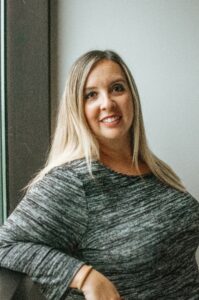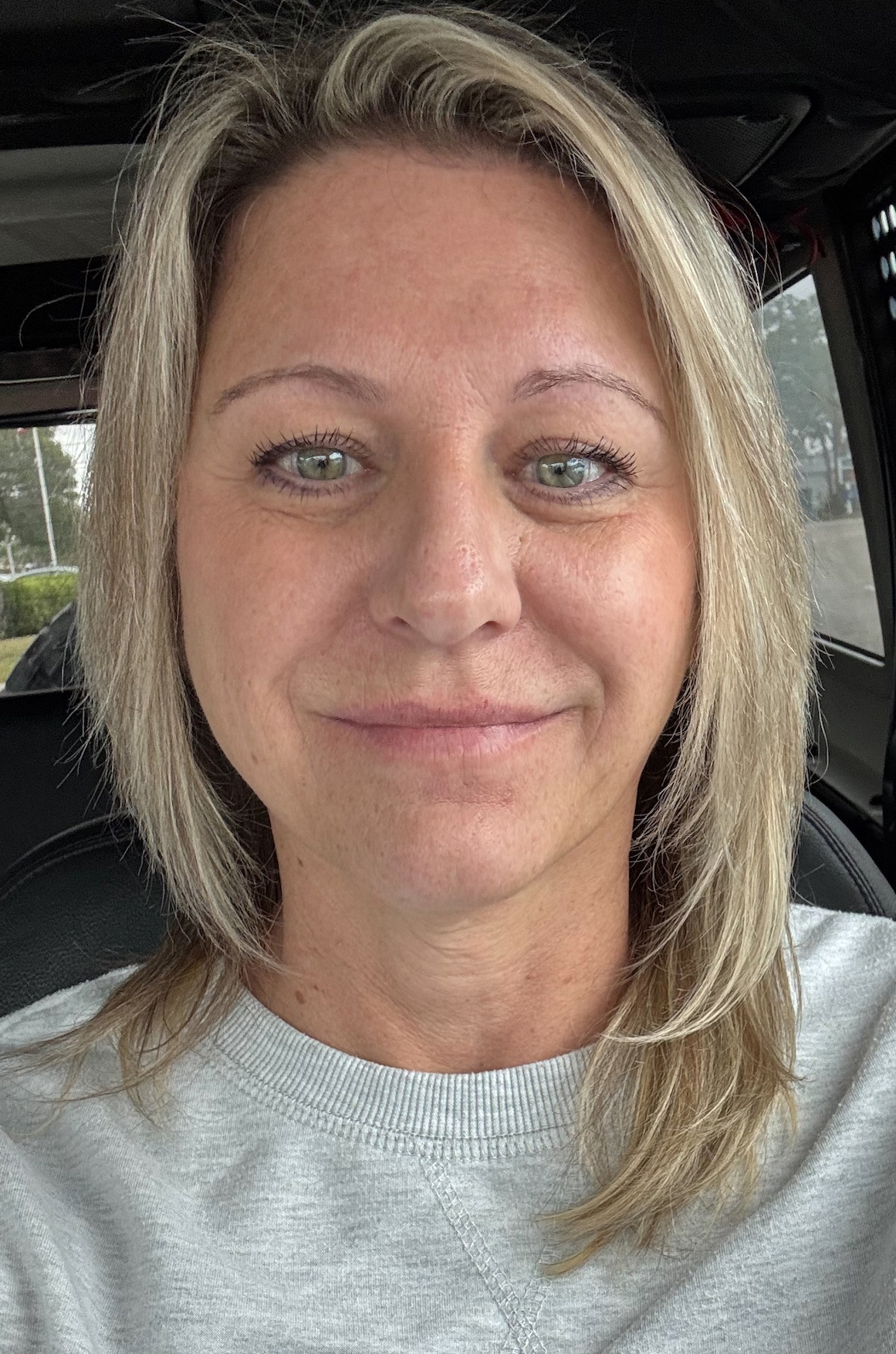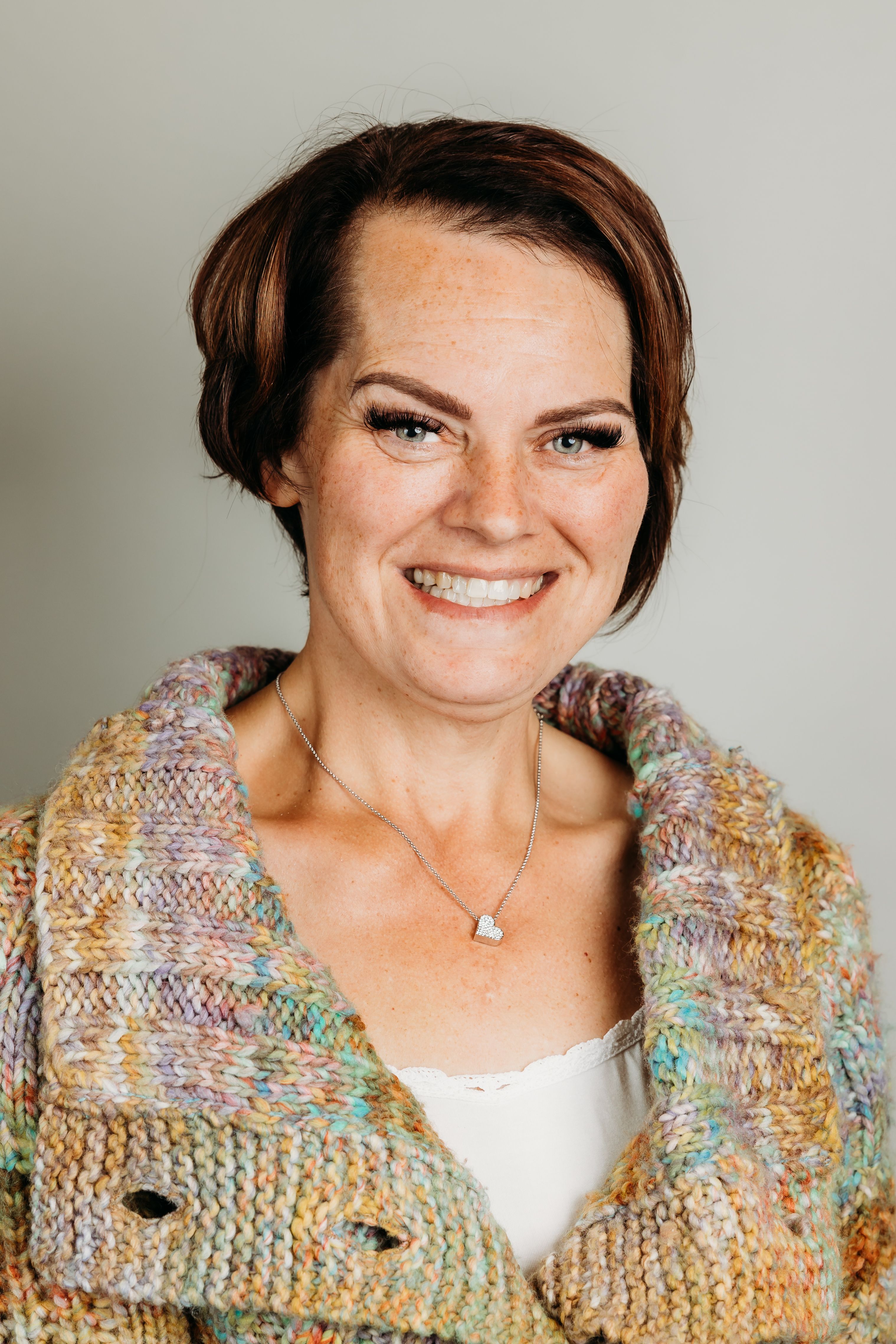
Q: How long have you been an Ukeru trainer?
A: I have been an Ukeru trainer since 2018.
Q: What population do you work with? What inspired you to get into this field?
A: I currently work with people from birth all the way through adulthood with developmental disabilities and I accidentally fell into the field! While taking evening classes toward my Masters degree, I needed a job during the day so I began working in a preschool classroom as a 1:1 aide for a student with significant aggression toward other children. I loved everything about him, working with him, and trying to learn everything I could about how his brain worked. He was the first of many examples in my life of someone who was so lovable but whose actions did not always match who he really was. From there I became a behavior specialist and have continued on for 16 years.
Q: What part of Ukeru do you enjoy teaching the most and why?
A: My favorite topic to teach is Communication. Learning about paraverbals or non-verbal communication and things like the way your facial expression or body language can affect others’ perception of you are usually newer concepts to people in trainings. I really enjoy seeing the lightbulb moments happen when they realize that we are all reading and interpreting each other’s non-verbal communication all day, every day!
Q: What would you say to someone who is unsure about using Ukeru?
A: I would say that change is always difficult, especially when it might affect your personal safety but the good highly outweighs the not so good. There will always be people within every agency or organization that want things to remain status quo but that’s only because they haven’t seen the significant changes that people can make when they are treated with a trauma-informed approach and when they finally understand that they are not going to be put in a restraint of any kind.
Q: What advice or tip would you give to a new Ukeru trainer?
A: My advice to a new trainer is to let your personality come through in your training. If you’re funny – use that to connect to the group! A great story teller? Use that to give personal examples throughout class.
Q: How has Ukeru impacted your life?
A: Ukeru has taught me to be more patient. Waiting for a student to be calm, and attempting to understand what a student really needs instead of using a physical restraint to end a difficult situation quickly can take time. This has carried over into other aspects of my life as well. I’m not in such a hurry to get to the next thing and I try to take the time now to think things all the way through.
Q: What is your favorite quote or a motto that you like to live by?
A: “Don’t judge a book by its cover.”
Q: What three words would you use to describe Ukeru?
A: Respectful, Supportive, and Safe




